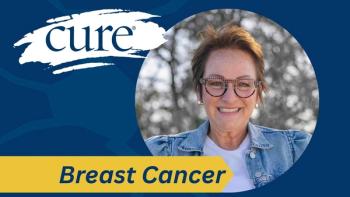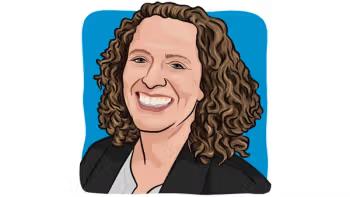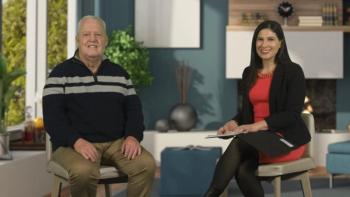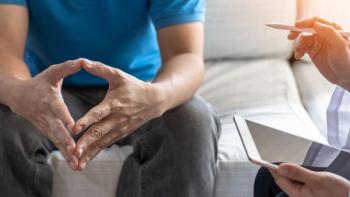
Having Cancer Doesn’t Mean You Can’t Do Cool Stuff
After cancer, taking baby steps towards stuff you want to do is what matters.
When you are diagnosed, and go through treatments and surgeries, you often fall into a “Woe is me” mode (and deservedly so). It’s very easy to focus on the things you’ve always done and now question whether you still can.
I was a mountain climber and a rock climber, went backpacking and hiked the hardest hikes I could find. When my treatments started (and by treatments, I include everything from chemo to meds, surgeries, supplements, acupuncture, meditation, etc.) I lost my energy and “being in shape-ness.” Worst of all, I started to lose some of my desire to do things.
Now, me being me, losing desire is not something I want to do or will allow myself to do. So, I launched a new program just for Burt. I call it my “I Can Do It” program, or ICDI for short (and feel free to steal the idea!).
I realized that I don’t need to summit a mountain tomorrow. But what I do need is to start proving to myself that I can get there eventually.
The things I’ve done since I’ve launched my ICDI program:
- I rejoined my gym (guess what? I rarely go now just like pre-diagnosis, but that’s not important. I took the step to rejoin!).
- Early on after a major liver surgery, I took a day and drove to the beach and back by myself on the same day. I drove about three hours round trip and stayed at the beach for a few hours, all by myself.
- I went on a 7.5-mile hike, again, by myself.
- In a more radical bout of ICDI-ness, I took a 1,800-mile, 10-day solo road trip: Portland, OR (my home), Coeur D’Alene, ID, four nights of solo camping and hiking at Glacier National Park, MT, Banff, Canada for a conference, Spokane, WA, and home. It was an amazing trip that proved to me that I am much more capable than I realized!
- I took a 2,400 solo road trip to Los Angeles from Portland for a conference about Neuroendocrine Tumors (one of my cancers), saw my incredible in-laws (Ted and Carolyn), went to a Chargers game with my son (talk about pain), saw friends in the Bay Area and drove home.
- Recently, I went to New York City for two weeks to see friends and family.
- Did a polar bear plunge one weekend in Southampton, NY.
OK, so why should you care about what I’ve done? You shouldn’t. We are all individuals and move at our own speeds (as we should). I don’t recommend that anyone take the ICDI adventures that I have. Here is what I recommend. You do you.
If you love golf, but can’t play 18, play nine. Can’t play nine? Play one. Can’t play one? Go to the practice range and hit as many as you want to. Don’t want to do that? Practice putting on a putting green in your living room.
Let’s say you love writing but aren’t up to writing the great American novel. Write a short story. Write a blog post, and if you really are struggling, write a Haiku.
I honestly feel like it's not about achieving your ultimate goal right away. It’s about proving to yourself that you can take the steps needed to get there one day.
All about the baby steps, one foot at a time, whatever saying you want to use. I think the key is to just do something, anything. As you begin doing stuff, no matter how small, not only will you feel great but you will see what you are truly capable of. You will prove to yourself (the most important person out there) that you can then take the next step. And knowing that you can do stuff is one of the most healing things that you can do.
Good luck! I’d love to hear about the steps you take!
For more news on cancer updates, research and education, don’t forget to




